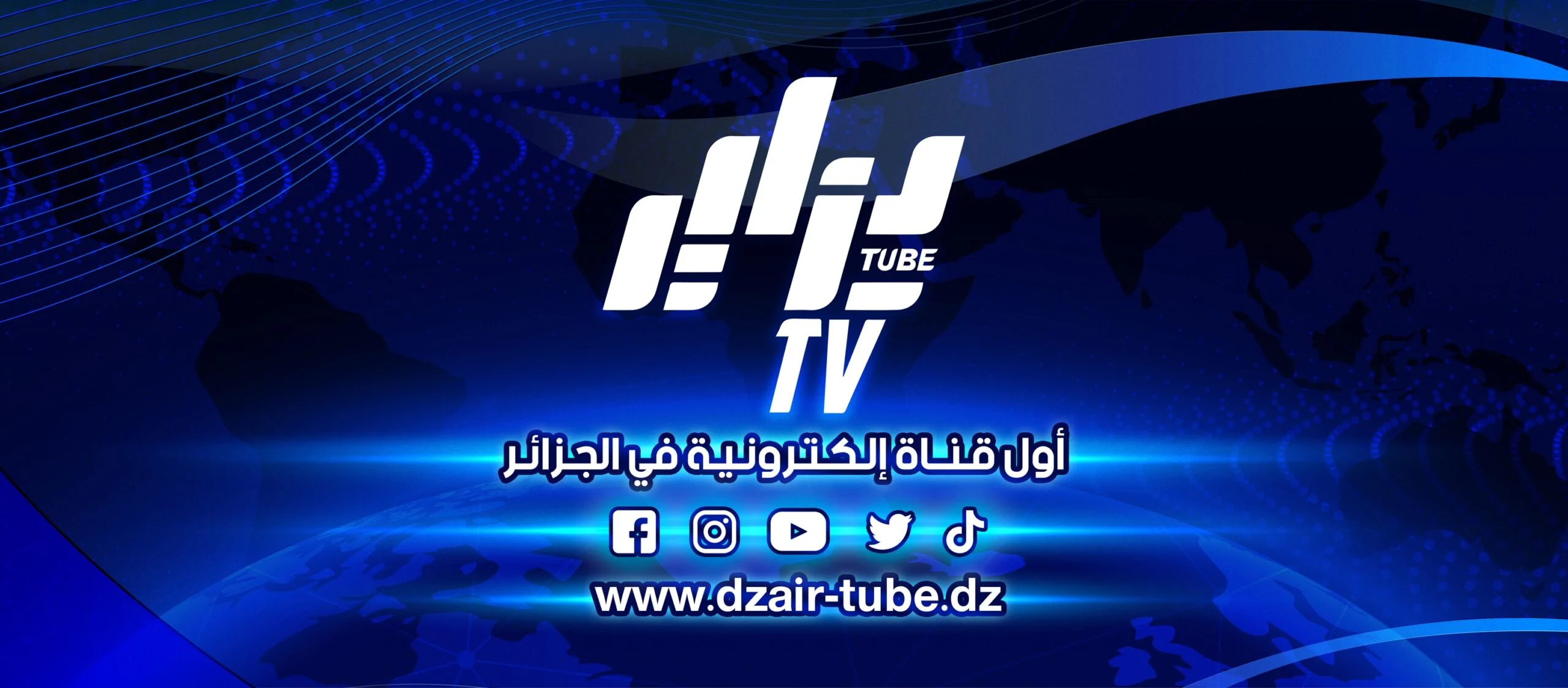Between Oppression and Dignity: Morocco’s Shameful Ban on Eid al-Adha Contrasts with Algeria’s Humanitarian Leadership
✍️ BY: Dr. Hana Saada
As the Moroccan regime criminalizes sacrifice and wages a war on faith, President Tebboune’s Algeria upholds the sanctity of Islamic rituals and restores dignity to its citizens
─────────────◆─────────────
Algiers, Algeria | June 7th, 2025 — While the entire Muslim world gathered in joy and reverence to honor the sacred rite of Eid al-Adha, the Moroccan regime once again showcased its repressive and alienating posture by imposing an unprecedented and humiliating ban on the celebration of this major Islamic ritual. In a move described by many as a spiritual betrayal and a political disgrace, Moroccan authorities criminalized the act of sacrifice, outlawed the purchase of livestock, and launched a systematic campaign to suppress religious expression, leaving millions of Moroccan citizens feeling estranged, humiliated, and stripped of their most basic religious rights.
In a bitterly ironic scene, the streets of Morocco during Eid resembled an occupied land. Rural areas were placed under tight surveillance, roads were blocked, markets were stormed by security forces, and families were terrorized for simply attempting to fulfill a divine tradition that has endured for over a millennium. Reports from across the kingdom confirm that even rooftops were monitored, drones were deployed to spy on households, and livestock was confiscated from citizens’ arms. In the city of Tétouan, a staged Eid prayer was performed at Hassan II Mosque under military watch, while in the background, repression reigned and the joyous spirit of the day was suffocated.
This dystopian reality reached a new depth of absurdity when one of the regime’s affiliated imams issued a grotesque fatwa banning not only the act of slaughter but also the mere purchase or preparation of sacrificial meat—even in private. Citizens were instructed not to cook any part of a sheep, and those who dared to purchase the traditional “douara” (tripe) were branded as traitors. According to the regime’s oppressive narrative, anyone who celebrated Eid was suddenly a “traitor to the King, traitor to the Kingdom, and traitor to the homeland.”
This grotesque politicization of religious rites by the Moroccan monarchy stands in stark contrast to the noble and humane policies adopted in neighboring Algeria. Under the leadership of President Abdelmadjid Tebboune, Algeria has embraced Eid al-Adha as an opportunity to strengthen social solidarity and reaffirm the people’s connection to their faith. In a remarkable gesture of compassion, the Algerian government ensured the importation of sacrificial animals at subsidized prices, enabling even low-income citizens to fulfill the Abrahamic tradition with pride and dignity.
In Algeria, Eid was not merely a holiday—it was an affirmation of religious freedom, national identity, and social cohesion. The state facilitated the celebration, while in Morocco, the regime criminalized it. Algerian mosques echoed with takbirs, while Moroccan streets echoed with the sirens of police vans seizing sheep.
This stark dichotomy underscores the widening gap between a regime that has lost all connection with its people and a republic that governs with empathy and purpose. While the Moroccan king hides behind his golden palaces issuing decrees that desecrate the faith of his people, President Tebboune walks with his people, providing for them and honoring their beliefs.
In the end, it is not simply about sheep or sacrifice. It is about a regime that sees its own citizens as threats, and a neighboring state that sees its people as a source of strength and pride. Morocco’s oppressive Eid will go down in history as a symbol of spiritual tyranny, while Algeria’s compassionate policies will stand as a testament to governance rooted in dignity, sovereignty, and respect for Islamic values.

📡🌍 | About Dzair Tube Media Group | 🌍📡
━━━━━━━━━━━━━━━━━━━━━━━━━━━━━━━
📰 Dzair Tube is a trailblazer in Algerian digital journalism, delivering high-quality content in Arabic, French, and English. With more than 📈 500,000 daily clicks, it ranks among the most influential media platforms in the country.
🏆 Awarded the President of the Republic’s Prize for Professional Journalist in the Electronic Press category (🗓 October 22, 2022), Dzair Tube is widely recognized for its editorial excellence and integrity.
📱 Massive Digital Reach:
🔴 350,000+ YouTube subscribers
🔵 6 million+ followers across Facebook pages
📸 450,000+ Instagram followers
🎥 Operating from state-of-the-art studios, Dzair Tube broadcasts rich and diverse programming, including:
🗞 News | ⚽ Sports | 🎭 Entertainment | 🕌 Religion | 🎨 Culture
🗣️ Featuring interactive talk shows and exclusive interviews with prominent figures from politics, business, arts, and more, Dzair Tube serves as a key platform for public discourse and civic engagement.
📰 Its print sports daily, “Dzair Sport,” enjoys over 50,000 daily downloads via the official website—further cementing the platform’s multimedia leadership.
🎖️ Honored with the Media Leadership Award by the former Minister of Communication, Mohamed Laâgab, and celebrated at the Hilals of the Television awards, Dzair Tube continues to lead with innovation, influence, and impact.
━━━━━━━━━━━━━━━━━━━━━━━━━━━━━━━
🌐 Stay Connected:
🔗 Website: www.dzair-tube.dz
🔗 English: www.dzair-tube.dz/en
📲 Follow us on Facebook | Instagram | YouTube
━━━━━━━━━━━━━━━━━━━━━━━━━━━━━━━




